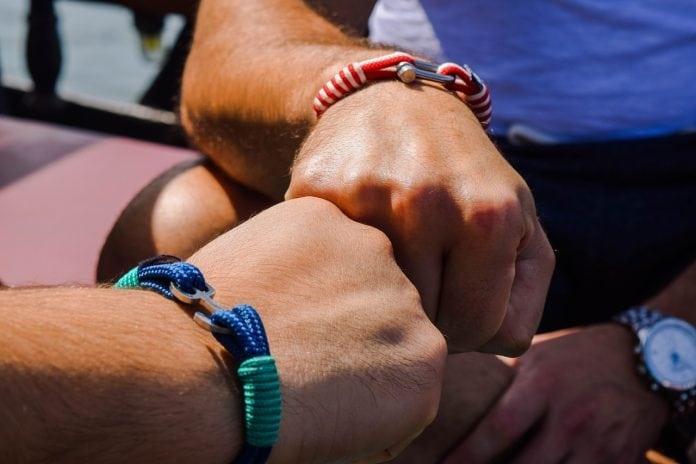
Friendships play a vital role in helping people get through substantial challenges in life.
Until now, little scientific research has been carried out into the role friends and, in particular, best friends play in building resilience to adversity – surviving and thriving in the face of difficult times.
A new study now provides long-term statistical evidence of the enormous benefit these valued social relationships have on adults’ resilience. It was conducted by Dr Rebecca Graber, a Senior Lecturer in Psychology at University of Brighton.
The researcher recruited 185 adults through online social networking sites, university events and community organisations supporting socially-isolated adults. Some 75 adults completed the questionnaire.
Participants completed assessments on psychological resilience, best friendships quality, coping behaviours and self-esteem. Participants then completed the same assessments one year later, to see how best friendship quality had impacted resilience processes over this period.
- Read more: 8 Tips for Making Friends
The findings reveal that best friendships are a protective mechanism supporting the development of psychological resilience in adults, although the mechanisms for this relationship remain unclear.
The study provides long-term statistical evidence of the vital role of these valued social relationships for developing resilience in a community-based adult sample, while posing open questions for just how best friendships facilitate resilience in this way.
These findings support previous research revealing that best friends facilitate resilience processes in socio-economically vulnerable children.




































